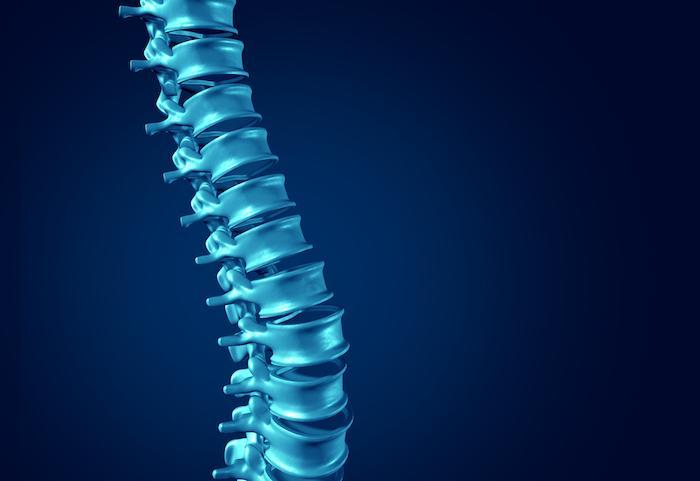Midwest Sports and Interventional Spine Blog
Learn more about interventional pain management & spine specialist care in our blog!

If you have sciatica, you have a lot of company. As many as 40% of Americans wind up suffering from painful sciatica symptoms at some point during their lifetimes.

Spinal stenosis is a common condition among older adults, with about 20% of those older than 60 having some degree of this degenerative disease. Fortunately, around 80% of adults with spinal stenosis don’t experience any symptoms.

More than 8 million Americans have gout, a type of arthritis in which uric acid builds up in your tissues. Gout causes joint pain when the acid crystallizes around joints, causing pain, inflammation, and stiffness.

Joint pain is typical, especially as you age. One study found that 70% of older adults reported experiencing joint pain!

Sciatic pain is common, affecting about 40% of adults at some point in their life. Fortunately, there are many ways you can reduce your risk of developing this intense shooting pain that travels down your leg.

While there is no way to prevent arthritis, you can do numerous things to reduce your risk of developing this painful, chronic disease. Also, there are many ways to manage pain and symptoms. It’s important to note that arthritis is not one disease but a group of about 100 conditions associated with worsening joint pain.

More than 2 million Americans suffer from psoriatic arthritis, a painful side effect that impacts about 30% of people with psoriasis. Of that 30%, roughly 4 out of 10 say their symptoms take a toll on their everyday activities.

Your spine is a complex system of bones, ligaments, blood vessels, discs, fluid, and nerves. All those moving parts have to work in perfect harmony to keep you bending, twisting, and reaching with ease. If any part becomes damaged or impinges on another’s ability to do its job, you’ll experience pain and immobility.

About 16 million adults suffer from chronic or persistent back pain. This type of back pain can be debilitating and negatively affect your quality of life. While many treatment options address back pain, they don’t always provide the relief you need. Spinal cord stimulation can help people find relief from other nonsurgical treatments or back surgeries.

More than 30% of Americans suffer from some type of neck pain every year, making it the fourth leading cause of disability. In about half of those instances, symptoms resolve with some TLC. But for the other half, symptoms tend to persist or even get worse.





